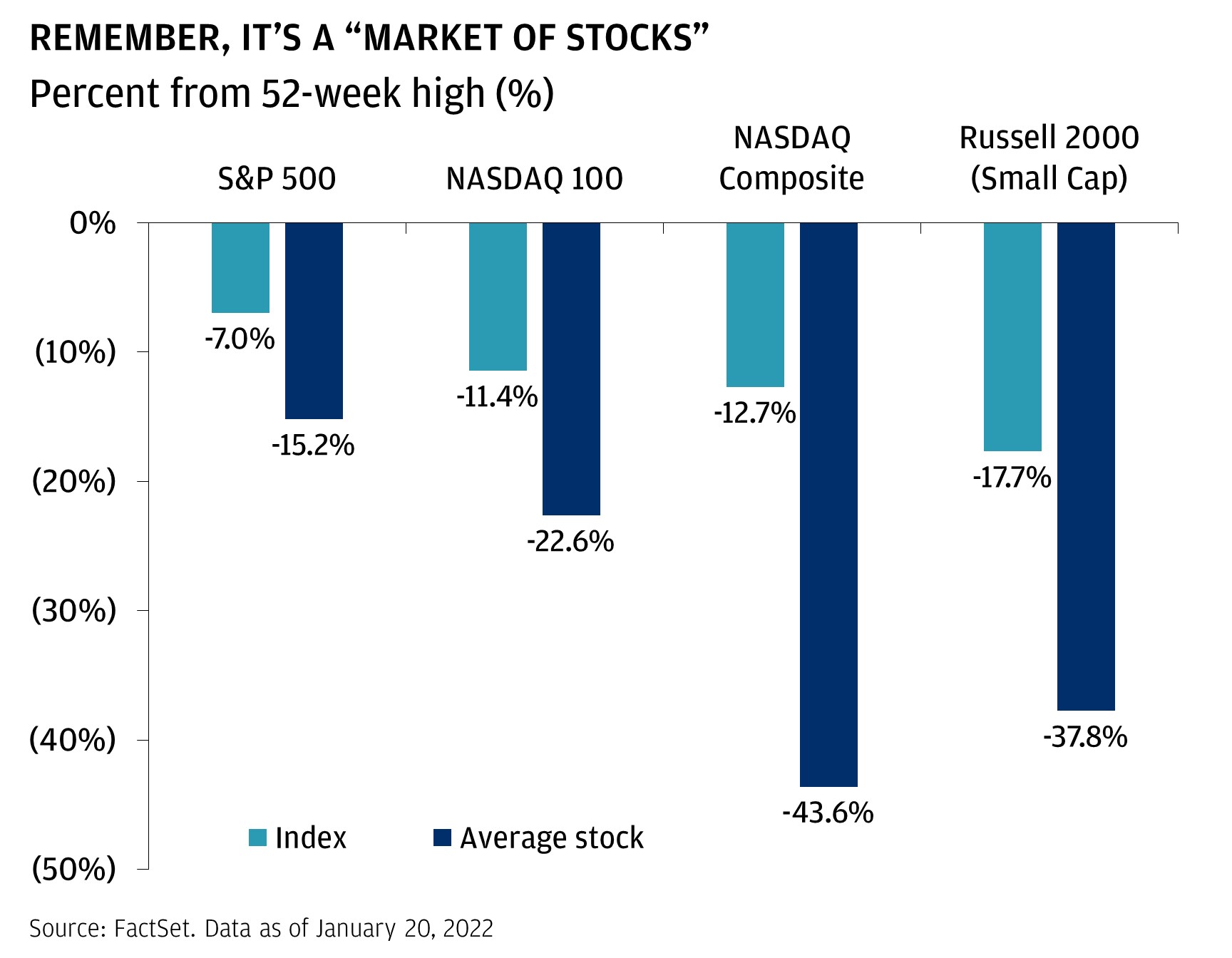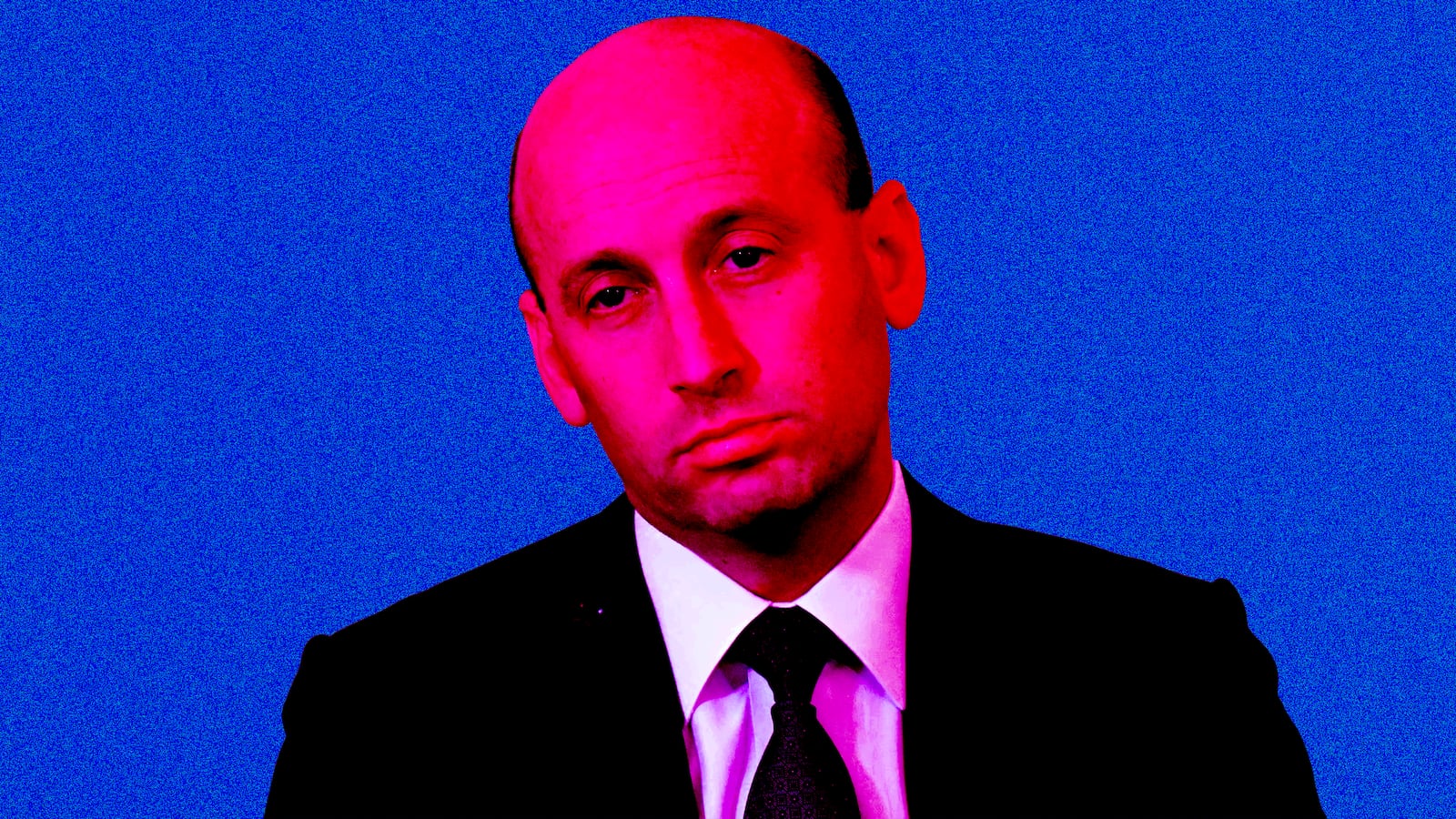The central bank “will not tolerate” Excessive “fragmentation” in the eurozone
Duration: 1:51
Posted: 5 hours ago
Posted: 5 hours ago

On 27-29 June 2022, the European Central Bank is hosting the ECB Forum on Central Banking.
The annual event brings together central bank governors, academics, financial market representatives, journalists and other professionals to exchange views on current policy issues and discuss key topics from a longer-term perspective
ECB takes hawkish turn to counter record-high inflation
Central bank paves way for first rate rise in more than a decade and suggests pace could quicken in September
"Christine Lagarde on Thursday sought to counter concerns that the European Central Bank was doing too little to fight surging inflation, announcing plans to lift interest rates above zero for the first time in a decade by September.
The ECB surprised markets by signalling that it was likely to raise rates by half a percentage point in September, in addition to a planned quarter-point rise in July — a bigger increase than expected. . .The ECB president said the bank had full flexibility to decide when and how to deploy its “anti-fragmentation” tools, including the ability to reinvest proceeds of maturing securities in a €1.7tn bond-buying scheme launched during the coronavirus pandemic, adding: “We will prevent it.”
Lagarde said that inflation would “remain undesirably elevated for a period of time” after an “unprecedented” three-quarters of the items used to measure inflation increased in price by more than 2 per cent last month. . .
The pace at which price pressures have intensified over recent months has left hawks worrying that the ECB is behind the curve on tightening policy and calling for more aggressive moves, in line with the Fed’s strategy of raising rates by 50 basis points at a time.
With Russia’s invasion of Ukraine already driving up food and fuel prices for European consumers, there are also growing fears among economists that if Russian gas supplies are cut off, it could plunge the eurozone into recession.
The ECB slashed its growth forecasts and raised its projections sharply for inflation. Eurozone inflation would increase from 2.6 per cent last year to 6.8 per cent this year, before declining to 3.5 per cent next year and 2.1 per cent the following year — remaining above the 2 per cent target for the entire forecast period.
In March, the central bank projected inflation of 5.1 per cent this year, tailing off to 2.1 per cent next year and 1.9 per cent in two years’ time.
Growth would hit 2.8 per cent in 2022, 2.1 per cent in each of the next two years, well below its March projections, it said. Carsten Brzeski, head of macro research at ING, said the forecasts were still “far too optimistic, which will hinder the ECB from doing what it intends to do” in tackling inflation.
There has been speculation about how quickly the ECB could start shrinking its balance sheet by not reinvesting the proceeds of maturing bonds in the €4.9tn portfolio it has built up. But Lagarde said this question had not been discussed this week and would be left for a future meeting. . .
With risks varying between Italy and Germany at more than 200 basis points (2 percentage points), for example, there are clear indications that speculation is forming in the financial markets that interest rates in the so-called peripheral countries may expand to problematic. levels. “Fragmented financial markets will be a drag” on monetary policy, Lagarde said, ensuring that even after new debt purchases are announced to expire on July 1, there is “flexibility” in applying existing instruments or designing new ones.

The bank said such reinvestments would continue “for an extended period of time past the date when it starts raising the key ECB interest rates and, in any case, for as long as necessary to maintain ample liquidity conditions and an appropriate monetary policy stance”.
Duration: 1:26:12
Posted: 9 hours ago
>
RESOURCES
>
Duration: 0:30
Posted: 1 day ago
> Sector movers: Defensives sought out, Big Oil catches a bid
Investors sought out the more defensive areas of the market on Wednesday, including Pharmaceuticals and Gas, Water and Multiutilities, as the head of the US central bank sounded a somewhat hawkish note.
Federal Reserve boss, Jerome Powell, said financial markets expectations for rate hikes were "pretty well aligned with where we´re going", but stressed that "we will not allow a transition from a low inflation environment to a high inflation environment."
"Given the skittish nature of investors right now, Powell’s comment about controlling inflation requiring ‘some pain’ was bound to cause more investors to hit the sell button," said IG chief market analyst Chris Beauchamp.
"Given the greater robustness of the US economy, it is not surprising to see European markets in the red following these comments while Wall Street holds its small gains for now."
Powell was speaking at the European Central Bank's policy forum in Sintra, Portugal.
And he was not alone, speaking at the same venue, Bank of England Governor, Andrew Bailey, left the door open to a 50 basis point hike in interest rates at the Monetary Policy Committee's meeting in July.
Tempering those remarks however, Bailey added that the UK economy was at "somewhat of a turning point."
Brent crude oil futures however continued to edge closer to the psychological $120 per barrel mark on the ICE, buoying shares in the oil patch.
As an aside, Bloomberg cited Adam Posen, from the Petersen Institute for International Economics, as having judged a proposed price cap for Russian oil exports as destined to fail because China and Russia would likely not adhere to it. . ."




No comments:
Post a Comment